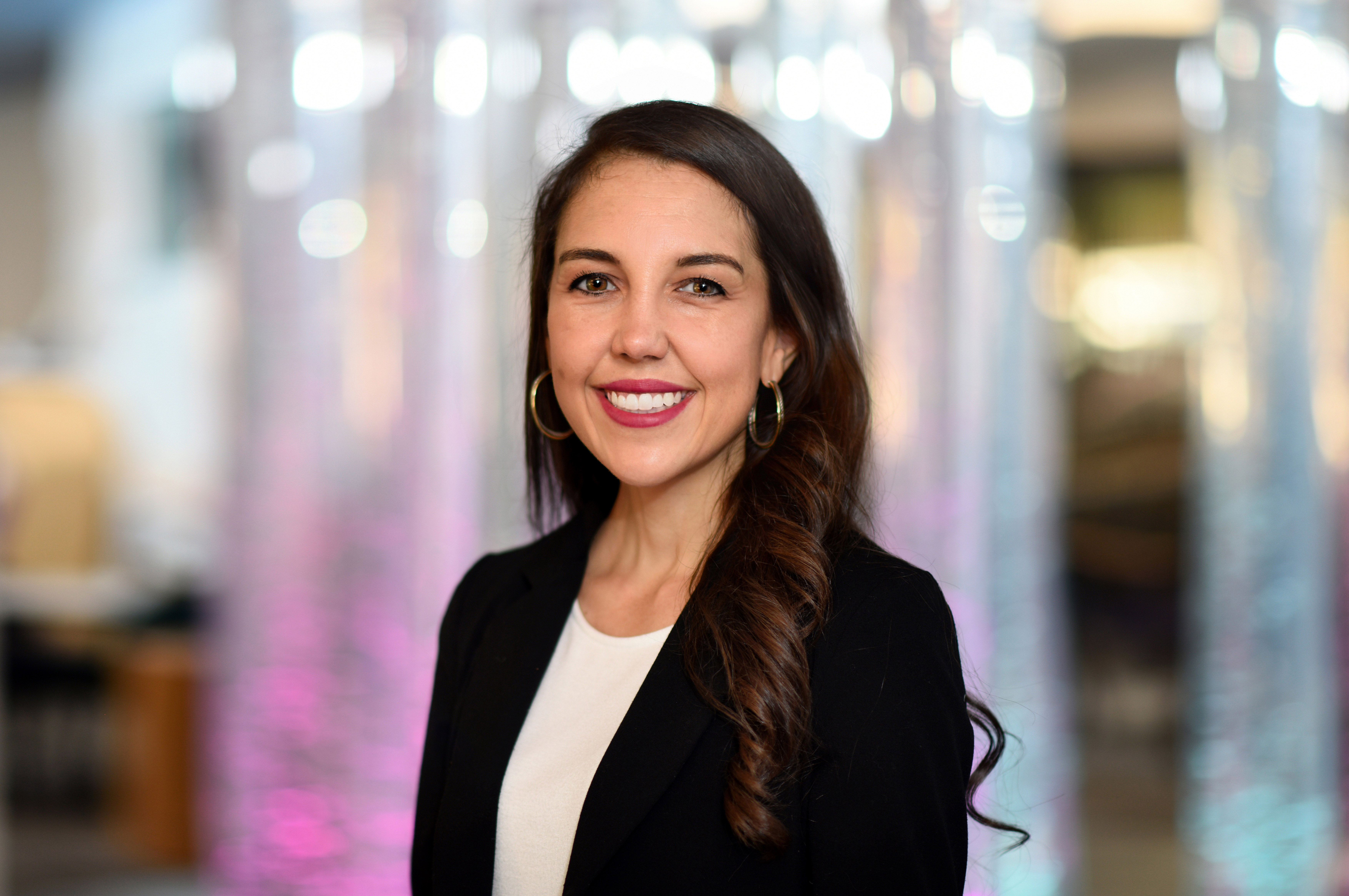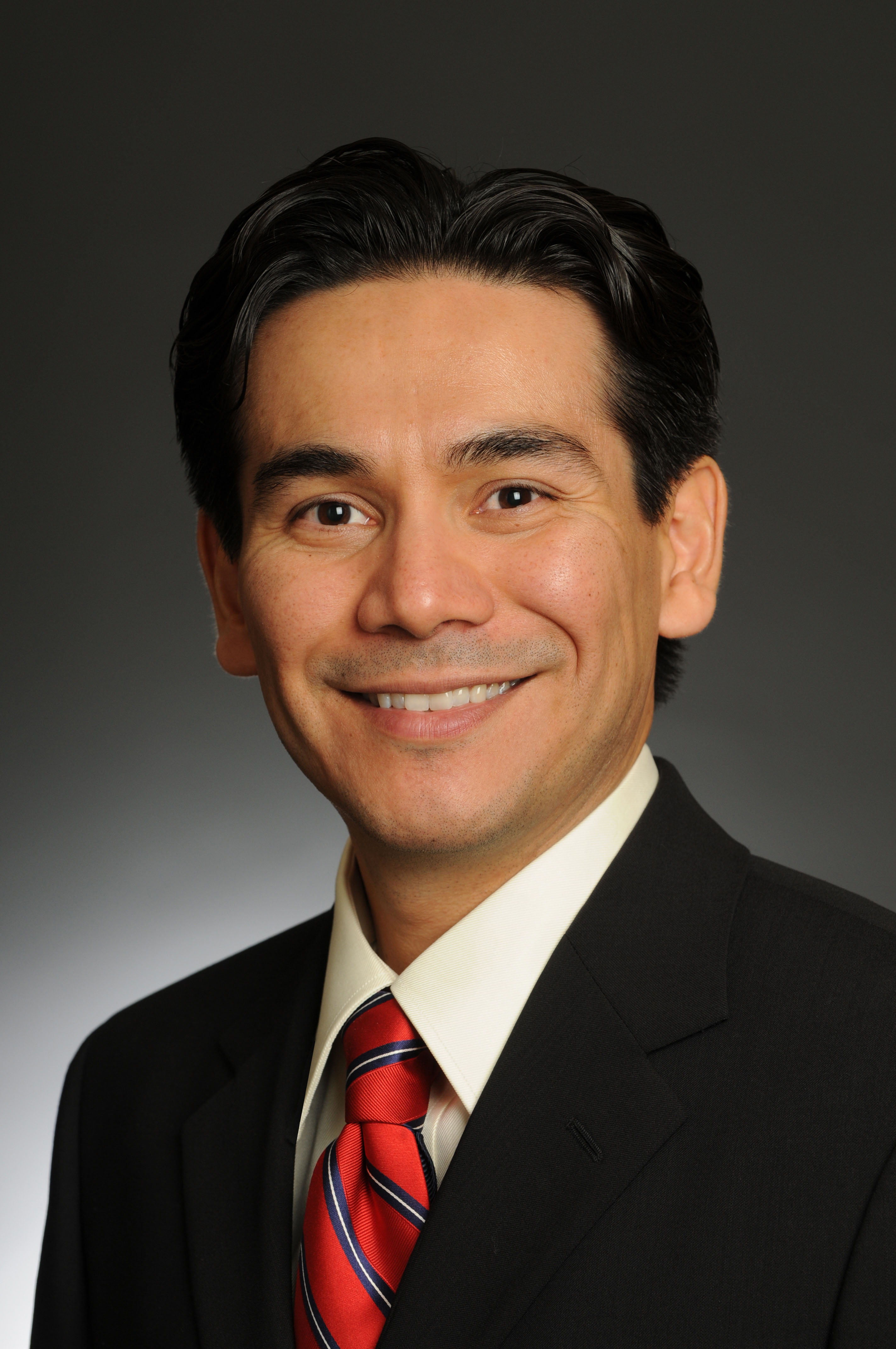Helping Those with Spina Bifida Make Developmentally Appropriate Transition to Adult Care

Heidi Castillo, MD, FAAP
October 5, 2021

Ellen Fremion, MD, FACP
October 5, 2021

Holly Harris, MD, FAAP
October 5, 2021

Jonathan Castillo, MD, MPH, FAAP
October 5, 2021
When we help those with spina bifida transition to adult care, we often see the range of emotions they experience: hope for the future, concern about living more independently as adults, worries about how their medical care might change, and determination to successfully take this big step.
Those of us who serve families affected by developmental disabilities recognize that transition from pediatric to adult-centered care is a difficult time. This time is beset not only with medical care difficulties but also self-management and educational challenges.
Along with other people with disabilities, those with spina bifida now can live well into adulthood. Yet navigating the turbulent waters of today’s complex medical world and transitioning from pediatric to adult care is not easy. Many families appreciate early guidance from health professionals as they make this transition.
Multidisciplinary clinics providing outpatient care for children with spina bifida were established in almost every state in the U.S. in the 1970s and 1980s. These multidisciplinary clinics, which serve as a “subspecialty medical home,” and the concomitant primary care provider can supply guidance during this transitional time.
The interdisciplinary team should develop a Transition Policy to map out expectations and a Transition Care Plan beginning at ages 12-14 years. The Transition Care Plan should aid in monitoring and tracking a patient’s transition readiness and acquisition of skills, and these abilities should continue to develop throughout young adulthood.
For these patients, medical care for multiple issues (neurosurgical, urological, orthopedic, neurodevelopmental, etc.) begins early. Likewise, an ongoing discussion of the issues related to transitioning to adult care should begin early.
A mindful partnership between families and their medical providers should support the adolescent in setting goals to increase self-management and independence. During medical visits, teens should practice communicating with their medical team. This should include providing their medical history, reporting their medication and supply needs, and discussing their care plans. The American Academy of Pediatrics, in collaboration with the Centers for Disease Control and Prevention, has developed resources to assist providers caring for these families (see links below).
It is imperative to remember, that those with spina bifida may struggle with social skills, motivation, and overall development of adaptive skills and independent functioning.
Neurodevelopmental level and mental health can greatly influence the journey toward independence. A patient’s strengths and weaknesses should be quantified through scores on a formal neurodevelopmental evaluation. Often these assessments reiterate what parents have known for years.
Public school systems are required to complete evaluations upon parent request. If the child qualifies for services, the school should help the family develop an Individualized Education Program. This process can also inform medical providers about the student’s unique strengths and weaknesses and influence the medical determination for services that support adaptive living as an adult. Children who qualify for services can receive support via their IEP until age 21.
Although teens living with spina bifida may demonstrate strengths in verbal skills, vocabulary, and reading, many have difficulty with executive functioning. This can be problems with goal-setting, planning, organization, and inhibition of impulsive behaviors. Difficulties with mathematics, problem solving, abstract reasoning, fine motor skills, and visual-motor integration can also be present. Although intellectual disability is relatively uncommon, it can occur. While these issues can inhibit self-care development, they are not an absolute barrier and should be addressed in the transition coaching.
As adolescents with spina bifida may be delayed in skill acquisition, extra practice and coaching with systematic instructions can help achieve success in self-management. For example, due to executive function difficulties, some teens may have difficulty with self-care routines, such as remembering to catheterize on time. Coaching from a family member, a schedule, prompts from cellphone/watch alarms, and rewards can help achieve success.
Another vital component to the care of these families is cultural humility. As the incidence of neural tube defects is higher among Hispanic families, medical providers should take into account the families’ culture and supports, preferred language, acculturation, functional literacy level, and other relevant social determinants of health.
The transition planning should include:
- Clearly stated transition expectations and the age for transfer to adult care in a Transition Policy.
- A medical summary, which includes a medical history, a list of medications/supplies, the care team members, etc.
- Planning for the home, insurance, and community-based services to change after 18 years of age.
- At age 14, all children with individualized school services should attend annual review meetings with the school team regarding their educational plan; these services may extend to age 21 years for some individuals who qualify.
- The decision-making support options needed when the individual turns 18. The levels of possible support are independent, supported, or guardianship.
- Assurance that the person takes on adult care after the transfer from pediatrics.
At each routine follow-up, the person with spina bifida, family, and the medical team should work together to update the Transition Care Plan and set goals to improve self-management.
Before fully transitioning to adult-centered care, those with spina bifida should be educated and coached regarding fully participating in their care.
“As we mark Spina Bifida Awareness Month, let us remember that it is our role to realize that early health and self-management development promotes a better quality of life.”
As we mark Spina Bifida Awareness Month, let us remember that it is our role to realize that early health and self-management development promotes a better quality of life through opportunities of education/employment, independent living, and interpersonal relationships in adulthood among those living with any developmental disability.
Find more resources here:
- AAP transition infographics
- Teenage and Transition from the Spina Bifida Association
- Got Transition resources
*The views expressed in this article are those of the author, and not necessarily those of the American Academy of Pediatrics.
About the Author
Heidi Castillo, MD, FAAP
Heidi Castillo, MD, FAAP, is Associate Professor of Pediatrics at the Meyer Center for Developmental Pediatrics and Autism at Texas Children's Hospital/Baylor College of Medicine. Her clinical interests are spina bifida, cerebral palsy, and infant /toddler development. She leads the Texas Children’s Hospital site for the Centers for Disease Control and Prevention’s National Spina Bifida Patient Registry.
Ellen Fremion, MD, FACP, FAAP
Ellen Fremion, MD, FACP, FAAP, is an Assistant Professor of Internal Medicine and Pediatrics specializing in transition and adult care for individuals with developmental disabilities. She practices at the Baylor Transition Medicine Clinic and the Texas Children’s Spina Bifida Transition Clinic. She is an executive committee member of the AAP’s Council for Children with Disabilities, a member of the Spina Bifida Association’s Provider Advisory Committee, and workgroup chair for the SB Guidelines on Transition to Adult Care.
Holly Harris, MD, FAAP
Holly Harris, MD, FAAP, is an Assistant Professor of Pediatrics at Baylor College of Medicine and a Developmental-Behavioral Pediatrician at the Texas Children’s Hospital’s Meyer Center for Developmental Pediatrics and Autism. She serves as Associate Program Director for the DBP Fellowship. She participates in research involving autism spectrum disorder and neurodevelopmental outcomes of genetic disorders. She serves in the Angelman Syndrome Clinic, and as Director of the Fragile X Clinic.
Jonathan Castillo, MD, MPH, FAAP
Jonathan Castillo, MD, MPH, FAAP, is an Associate Professor of Pediatrics at the Meyer Center for Developmental Pediatrics and Autism at Texas Children’s Hospital, specializing in the care of children with neurodevelopmental disabilities. He is medical director of the Spina Bifida Program at Baylor College of Medicine. He is co-principal investigator for the CDC’s National Spina Bifida Patient Registry at the institution, while collaborating with AAP on educational projects related to transition to adult care.